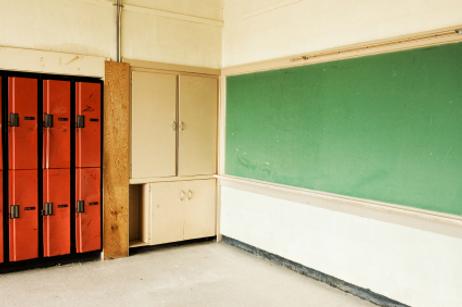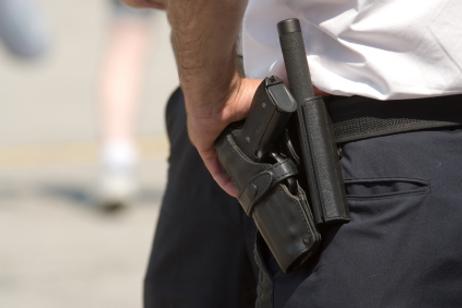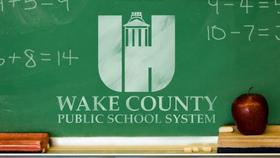No Child Left Behind set a lofty goal some years ago that included a minimum graduation rate of 90 percent in every school district across the country. While many school districts have reached or are nearing that goal, one of the largest school districts in the country, Memphis City Schools, still faces a wide chasm of reaching the benchmark.
reports that in 2012, the graduation rate for Memphis City Schools was just 70.3 percent. While this percentage is much higher than the 2009 figure of 62.1 percent, it is still far from that 90 percent. It is also far below the statewide graduation rate of 87.2 percent in 2012.
To help the school district improve graduation rates, several options are now on the table of the Memphis school board. With these choices help or hinder the slow but steady improvements the district has already seen in recent years? The answer may depend on who you ask.
This video reports on improving graduation rates.
Online Schooling to Improve in Memphis
One option Memphis students now have is an online school, which allows students at all levels to work toward their standards at their own pace. However, the only online school in Tennessee currently, Tennessee Virtual Academy, has released its first round of test scores with rather dismal results. According to a recent report in the



















